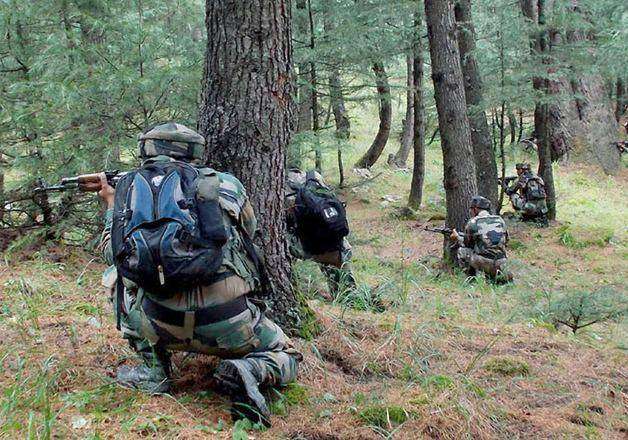In a major step towards strengthening community-based security and harnessing the capabilities of former military personnel, the Sainik Welfare Board of Jammu & Kashmir had moved a proposal for mobilising Ex-Servicemen (ESM) to safeguard vital infrastructure across the Union Territory. This proposal has now been formally approved by the J&K Government, setting the stage for a unique collaboration between veterans and civil authorities.
As per the approved plan, 4,000 Ex-Servicemen volunteers have been identified for this initiative. Among them, 435 individuals possess licensed personal weapons, significantly enhancing the capacity to respond effectively to localised security situations. These ESM will be employed for the protection of critical infrastructure in all 20 districts of J&K, including power stations, bridges, government installations, and other vulnerable points.
The initiative builds upon the previous success during the Covid-19 pandemic, where 2,500 Ex-Servicemen volunteered to support the administration. The increase to 4,000 reflects both the growing spirit of service among veterans and the trust reposed in them by the government and local populace.
As outlined in the proposal:
• The ESM volunteers will serve under the overall coordination of the respective District Sainik Welfare Officers (DSWOs).
• They will function in close coordination with the district administration and local police.
• Their role is non-combatant, focusing on static guard duties, presence-based deterrence, and local coordination.
• Uniforms and basic equipment will be provided through the Sainik Welfare Board with administrative support from district authorities.
• Training and orientation programmes are being planned to ensure standardised conduct and efficiency.
This initiative not only utilises the discipline, experience, and commitment of the ESM community but also represents a model of inclusive and participatory security. It further cements the Indian Army’s legacy of service beyond the battlefield, contributing meaningfully to civil society and local governance structures in Jammu and Kashmir.
